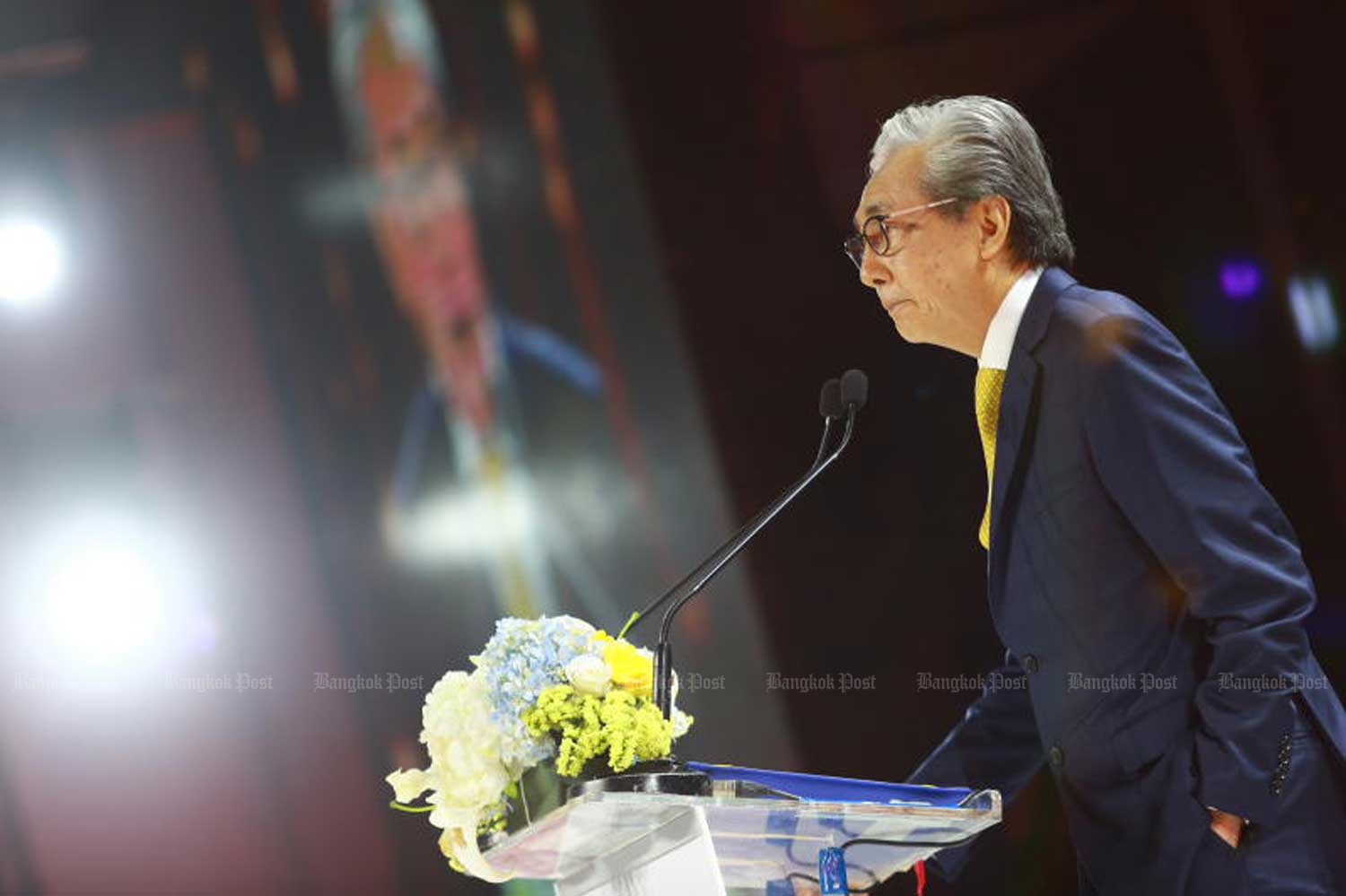
Deputy Prime Minister Somkid Jatusripitak has urged Thai universities to join with overseas counterparts and the business sector in efforts to meet the huge demand for skilled workers in the Eastern Economic Corridor (EEC).
"Big universities should set up branches in the EEC and work with private companies to develop more degree programmes and short-term training courses that can produce a workforce with skills and potential, as desired by the industrial sector," Mr Somkid said on Monday during a meeting with higher-education representatives at the Ministry of Higher Education, Science, Research and Innovation.
Mr Somkid also encouraged Thai universities to form partnerships with leading world counterparts to upgrade themselves and plug gaps in fields where Thai education still lacks resources and personnel.
"Many foreign investors have shown interest in investing in the EEC, but the shortage of skilled labour is still their main concern. Therefore, this is a time to work together -- not compete -- to boost their confidence," he said.
According to a recent EEC Office survey, demand for workers in the 10 targeted "S-Curve" industries in the EEC will reach 475,000 in the next five years (2019-23). Currently, vocational colleges and universities in the eastern region can only produce 30% of EEC demand for skilled workers.
Of the 475,000 positions required, 60% are qualified technical and vocational workers and 40% are high-skilled labourers with bachelor and post-graduate degrees. Sectors in urgent need of skilled workers include next-generation automotive and intelligent electronics.
Mr Somkid said universities actively responding to the national strategy will be provided help and budget funds, while private companies working with the higher education sector will receive tax incentives.
In contrast, universities that produce unemployed graduates and fail to respond to the labour market's needs will be hit with funding cuts.
Minister of Higher Education, Science, Research and Innovation Suvit Maesincee, meanwhile, said the government has set a goal of increasing research and development spending over the next five years to catalyse long-term economic development.
The goal is to lift R&D spending to 1.5% of gross domestic product, from about 1.1% at present.
Mr Suvit said that since innovation was important to drive the country's competitiveness and increase GDP growth, firms would be encouraged to spend more on R&D to ensure Thai business enters the digital era with value-added goods and competitiveness.
"Over the next five years, the government's investment in R&D will account for 25% of the total while the rest will be spent by the private sector," he said.